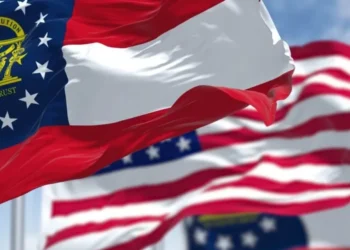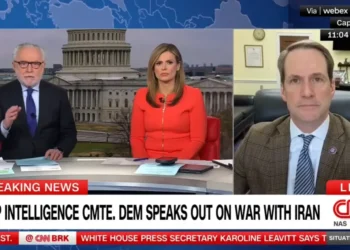Italy Pledges Air Defenses for Gulf Allies as Europe Accelerates Response to Mideast Crisis
More European countries were being drawn into the widening orbit of the Iran conflict on Thursday, as they announced the...
5 Heavy Metal Bands With Bourbon Whiskey Brands That Live Up to the Hype
I don’t remember the first time I drank whiskey. I’d almost bet real money, however, that it happened while I...
‘Direct attack’ on poor: GOP bill said to be weaponizing poverty against immigrants
The Georgia House of Representatives passed a measure Wednesday that could allow property owners to sue city and county governments...
The Iran War, History and the Law
To the Editor: It is remarkable that yet another American administration has, in the face of scant understanding of far-off...
Top Intelligence Chief Slams Trump’s ‘Unnecessary’ Iran War
A former major British intelligence chief has issued a stark warning about potential fallout from Donald Trump’s war with Iran,...
Republicans Toil to Avoid Saying ‘War’ as Iran Conflict Widens
When President Trump gave reporters a brief update this week on the accelerating bombing campaign against Iran, he said, “We’re...
Dodgers work with Andrew Toles’ family to continue supporting former outfielder
The story of the Dodgers and Andrew Toles is one of a franchise trying to do the right thing by...
Dozens of Medical Schools Back Kennedy Plan on Nutrition After Pressure
Health Secretary Robert F. Kennedy Jr. said Thursday that more than 50 medical schools would embrace a federal framework for...
D.C.’s cherry blossoms will peak between March 29 and April 1, Park Service says
The iconic cherry trees decorating the nation’s capital will hit peak bloom between March 29 and April 1, the National...
Lawmaker has ‘dark answer’ to what will happen next in Iran
Rep. Jim Himes (D-CT), the top-ranking Democrat on the House Intelligence Committee, warned Thursday about what President Donald Trump‘s next...














